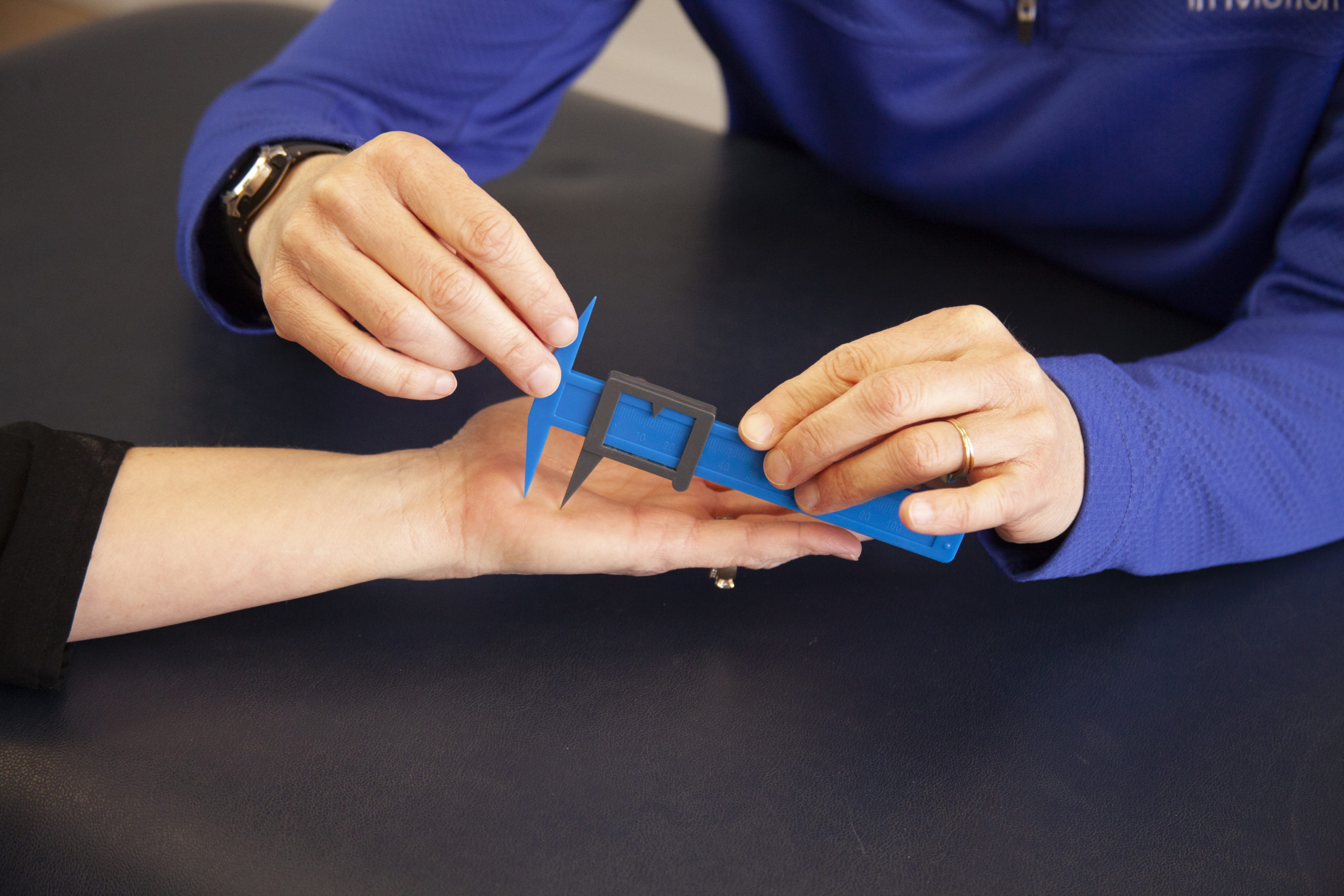Confluent Health & EIM Pain Science Courses


As a proud member of the Confluent Health family, Evidence In Motion (EIM) is excited to offer our catalogue of educational courses and programs to Confluent Health employees! At Confluent Health, learning never stops and EIM is here with you every step of the way.
Learn more about EIM’s Functional Dry Needling offerings to continue your professional growth. You can find courses located near your clinic and register for each of these courses – right from here! Don’t forget, as a Confluent Health employee, you save 20% on course purchases when you use code: CH20 at registration.
Courses
Graded Motor Imagery
This course focuses on treating people with a hypersensitive nervous system who are clinically “too hot to handle.” With the advent of pain neuroscience exploring issues associated with neuroplasticity, it has become increasingly clear that in a certain patient population, physical touch and movement, essential for recovery, could actually pose a threat. This includes conditions such as complex regional pain syndrome (CRPS – old RSD), phantom limb pain, peripheral neuropathy, spinal cord injuries, spinal pain, and more.
Manual Therapy of the Nervous System
Neurodynamics is the physical ability of the nervous system allowing it to move, slide, glide and accommodate human movement and function. Compared to more traditional manual therapy models focusing on joints and muscles, neurodynamics is new and vitally important in restoring normal movement and function. To understand the physical movement of nerves, neuroscience knowledge is explored to understand how pain works from a neurobiological and neurophysiological perspective.
Therapeutic Neuroscience Education
This course is designed to update attendees on the latest evidence and clinical application of pain neuroscience education (PNE) for patients in pain. Current best evidence has shown that neuroscience educational strategies utilizing neurobiology and neurophysiology are able to reduce pain, increase function, reduce fear and catastrophizing, and improve movement and change cognitions and brain activation during pain experiences. PNE changes patient beliefs regarding their pain, thus reducing the threat of pain. This class will discuss the evolution of PNE, why PNE is needed in medicine and rehabilitation and, more importantly, the clinical application and implementation of PNE for patients with acute, sub-acute and chronic pain.
Online 3-Week Pain Neuroscience Education
The goal of this 3-week online course is to teach clinicians how to integrate Pain Neuroscience Education (PNE) into their clinical practice. Current best evidence has shown that neuroscience educational strategies utilizing neurobiology and neurophysiology can reduce pain, increase function, reduce fear and catastrophization, improve movement and change cognitions, and brain activation in people during pain experiences. This class will cover the evolution of PNE, explain why neuroscience education is needed in physical therapy, and teach the foundations of pain neurobiology and neurophysiology. More importantly, participants will learn how to apply and implement PNE within their practice for patients with acute, sub-acute, and chronic pain.
Advanced Pain Neuroscience Education: Focus on Function
Basic application of TNE in the clinic is a good starting point, but it is not the end-point for most patients. The ultimate expression of recovery is behavior change: return to physical confidence. For many patients, some pain will continue to be a part of life, but it doesn’t need to rule their lives. In order to help patients move forward despite their pain, clinicians need to embrace and impart additional strategies such as goal setting, pacing, graded exposure and behavioral change. These strategies lead to functional, empowered patients being able to resume fulfilled, meaningful lives. This course bridges the gap from initial pain education to independence.
Certifications
Therapeutic Pain Specialist (TPS) Certification
EIM’s Therapeutic Pain Specialist (TPS) Certification is the premier pain certification for licensed health care providers.
According to the Centers for Disease Control and Prevention, the number of opioid overdose deaths in the U.S. increased six-fold from 1999 to 2017, with more than 400,000 opioid-related deaths since 1999. The Therapeutic Pain Specialist certification curriculum covers treatments such as pain neuroscience education, graded motor imagery, pacing, graded exposure, and more.
TPS is an interdisciplinary pain certification, open to various licensed healthcare providers, including physical therapists, physical therapist assistants, occupational therapists, occupational therapist assistants, medical doctors, doctors of osteopathy, nurses, nurse practitioners, physician assistants, psychologists, and others. Our six-month certification is designed for working professionals who want to advance their career and improve patient outcomes, but who need flexibility to work around their professional and personal responsibilities. Choose between a hybrid or online track where you’ll participate in didactic and collaborative experiences.
Fellowship in Pain Sciences
The Fellowship in Pain Sciences provides advanced assessment and treatment for people suffering from pain. Fellows will gain an exceptional understanding of pain mechanisms and their impact on the pain experience, and enhance their clinical decision-making through thorough consideration of bio-psycho-social factors. The Fellowship in Pain Sciences fosters a community of first-in-class clinicians and equips them to revolutionize care for patients with complex or chronic pain. The program utilizes a combination of online and hands-on instruction to allow working clinicians to enroll and complete an advanced level of training while maintaining their professional and personal lives.